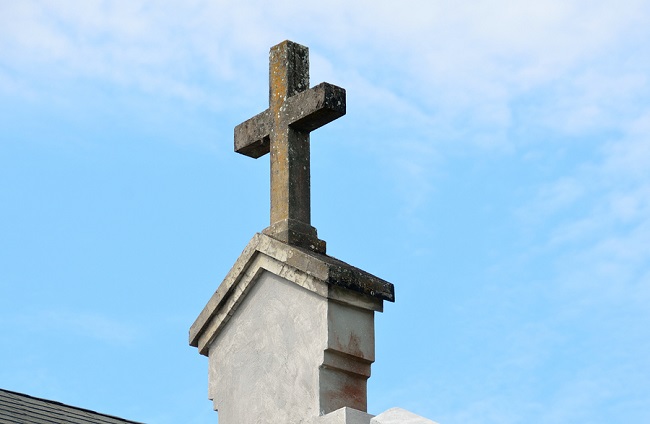These are challenging times for faith-based organizations. Falling attendance, sexual abuse scandals, and increasing numbers of lawsuits have all taken their toll. Tragically, churches and religious organizations are no longer immune from gun violence, terrorism, and other violent crimes, as too many heartbreaking headlines in recent years have attested to.
In these difficult times, your role as a guiding light for your members and your community is more crucial than ever. However, continuing to fulfill that role requires some difficult conversations and tough choices when it comes to managing today’s risks.
New challenges require striking the right balance between spirituality and practicality.
Some religious leaders still hesitate to take strong measures to protect their ministries from modern day risks. They feel it will send the wrong message, somehow detracting from their image as a place of respite, introspection, fellowship, and spiritual fulfillment. But taking practical measures to mitigate your risks and protect your members, your staff, and your property is key to your survival.
If you’re still taking a reactive approach to risk management, you’re putting your organization’s finances, reputation, and future at risk. You need to bring everyone in the organization together to create a culture that is proactive about assessing and mitigating risks.
Here are 10 safeguarding strategies:
- Be smart about hiring and onboarding. Carefully screen new hires and volunteers and conduct thorough background checks using prior employment and sexual abuse registry systems. Adequately train staff and volunteers and enforce strict policies and procedures.
- Set clear guidelines for using your facility that outline appropriate housekeeping and security measures. Also, if the facility is used for a lease, the proper contract needs to be written by legal counsel.
- Protect children and youth by setting strict policies for how people are selected to care for them, and by implementing a secure check-in and pick-up system for children attending events at your facility. A three-person rule should also be in place.
- Train and deploy people for security. It’s always a good idea to have a few people in your organization trained in de-escalation techniques and emergency safety measures.
- Develop an emergency response plan that covers medical issues, power failures, fire, severe weather, or a violent criminal act. Outline an emergency communications plan that details how you’ll share information and coordinate resources during an emergency. Assemble an emergency response kit that includes First Aid supplies, food, water, and other necessities.
- Put it in writing. Keep detailed records of your organization’s financial and operational matters. Have appropriate checks and balances in place for people who conduct financial transactions for the organization.
- Inspect and maintain your facility and vehicles regularly to address any hazards before they turn into costly liabilities.
- Train drivers of your organization’s vehicles to perform safety checks, never use mobile phones while driving, follow defensive driving standards, and take appropriate action in case of an accident. Check drivers’ motor vehicle records for any red flags on a regular basis.
- Consider discreet cameras and door release systems to monitor and control access to certain areas.
- Have adequate financial protection. One major incident could devastate your organization. To protect the important work you do, you need robust financial protection for your property, assets, and people. Besides your general liability and property insurance, you may need other coverages such as pastoral counseling liability, directors’ and officers’ liability, or religious school liability, depending on your specific activities and risks.
The best strategy of all? Work with an independent insurance agency who has expertise in providing coverage for religious organizations. At Wilson, Washburn & Forster Insurance, we have that expertise. Let us put together a comprehensive insurance program for you that will protect your organization and your vital mission from today’s hazards.
Wilson, Washburn & Forster is a boutique independent insurance agency that has been in business since 1961. We are experienced in protecting against the risks that religious organizations face. In fact, we insure more than 100 places of worship in the tri-county area and have access to exclusive programs and leading carriers for this niche. You will find that our experience, claims handling, service, and community commitment is unrivaled. We can help you successfully navigate the policies you need to properly protect your religious organization.
Contact us today for a complimentary analysis of your current insurance program by an insurance specialist in this field at 786-454-8384.








Leave a Reply